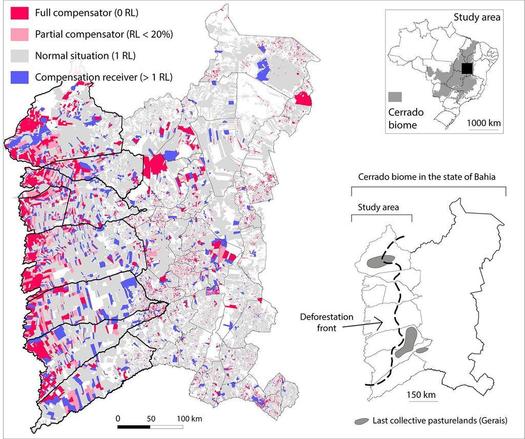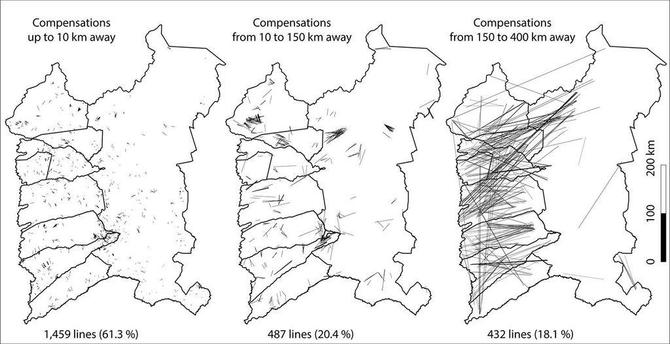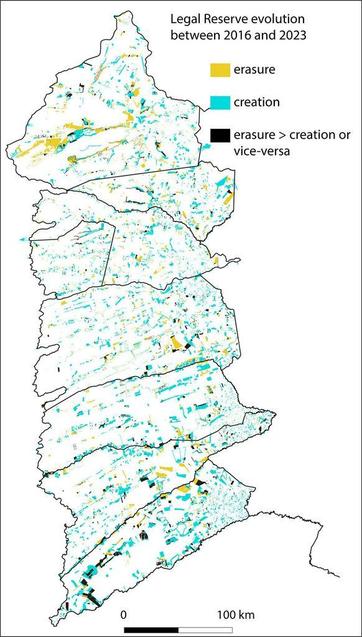[New paper in the Political, Cultural and Cognitive Geography section]
▶️ Making environmental compensation visible. Biased data transparency and #agrobusiness strategies in the Bahianese agricultural frontier of the #Cerrado
🖊️ Pierre Gautreau, Eve Anne Bühler, Ludivine Eloy, Sylvain Théry
#️⃣ #Agriculture, #EnvironmentalCompensation, #Deforestation
https://palmoildetectives.com/2021/03/10/pz-cussons/?utm_source=mastodon&utm_medium=Palm+Oil+Detectives&utm_campaign=publer
Saola Pseudoryx nghetinhensis
Borneo Pygmy Elephant: Endeari...

Borneo Pygmy Elephant: Endearing Gentle Pachyderm
Blue streaked Lory Eos reticul...

Blue streaked Lory Eos reticulata - Asia
High taxes and costs are leaving timber unsold in Nepal’s community forests, draining funds for conservation and local livelihoods.
Officials warn the surplus could weaken forest management and fuel illegal logging — even as forest cover reaches 44%.
by Mukesh Pokhrel
https://news.mongabay.com/2026/02/nepals-community-forests-sit-on-unsold-timber/
#news #forests #conservation #deforestation #environment #governance #logging

Nepal’s community forests sit on unsold timber
KATHMANDU — The Khorthali Community Forest User Group in Dolakha, central Nepal, produced 1,189 cubic meters (42,000 cubic feet) of timber in 2025 — roughly 18 standard 40-foot shipping containers in volume. However, the group could not sell all of it. About 340 m3 (12,000 ft3) of wood still lies on the roadside. “Community members […]







